
African Demands for Freedom During the American Revolution Was the American Revolution Fought to Save Slavery? By Heather Gray — Preface Today, July 4, is when Americans celebrate their independence…

African Demands for Freedom During the American Revolution Was the American Revolution Fought to Save Slavery? By Heather Gray — Preface Today, July 4, is when Americans celebrate their independence…
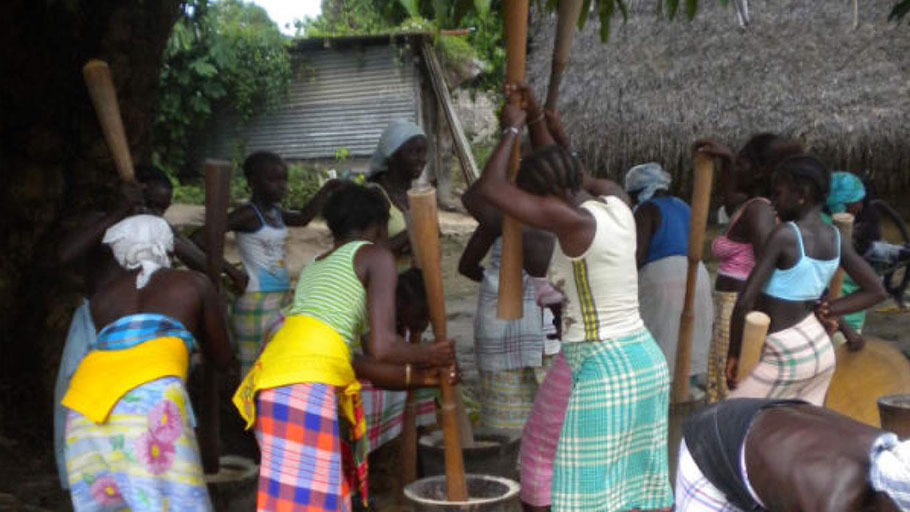
By Ray Chickrie — Today, July 1, Suriname celebrates the 155th anniversary of the end of slavery, emancipation or Keti Kota. It is also known locally as Maspasi. Slavery came to an end in 1863 in Suriname, but prior to that enslaved Africans waged wars of liberation and freed themselves from bondage (Maroons) and signed treaties with the Dutch. The Netherlands signed peace treaties with the Nyduka (Akkan) in 1760,…
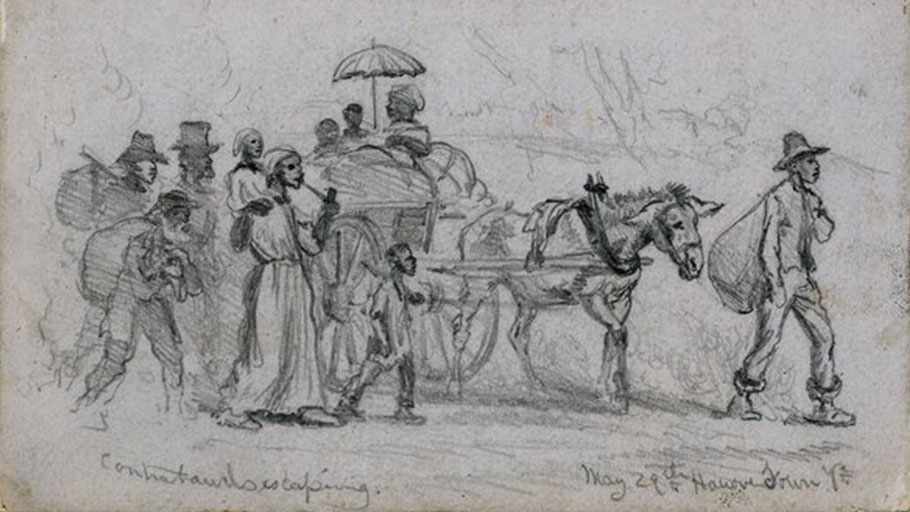
By Anya Jabour, PBS — Striking down children and adults, women and men, and blacks and whites, smallpox posed a grave threat in Civil War Virginia. “I wonder why nobody has noticed this outbreak until now?” ponders nurse Mary Phinney. Free black laborer Samuel Diggs provides the answer to this puzzle: “Nobody was looking.”

A joint statement from the CARICOM Reparations Commission (CRC) and the Centre for Reparation Research (CRR) — In a recent column published in the Jamaica Observer newspaper, UK Minister Lord…
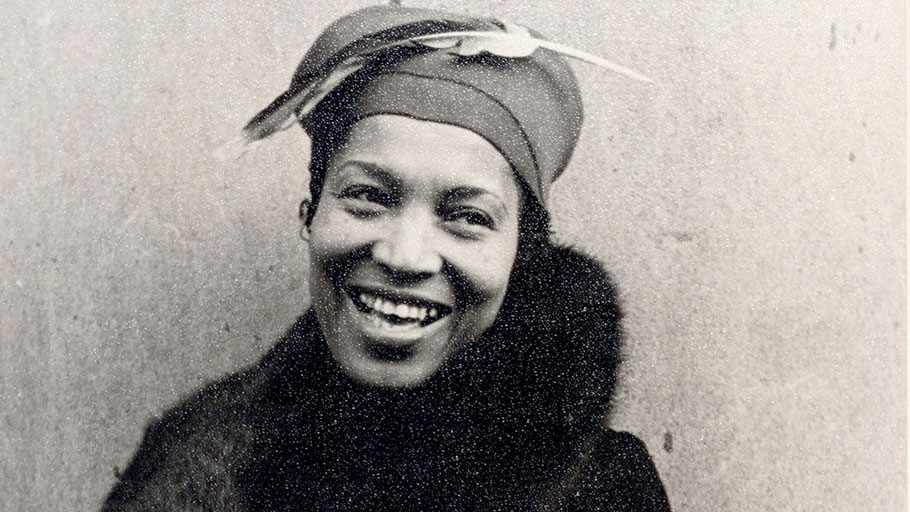
Zora Neale Hurston’s drive to tell the story of the slave trade’s last survivor By Emily Bernard, The New Republic — “You have seen how a man was made a slave,” Frederick Douglass wrote in his 1845 autobiography, the Narrative of the Life of Frederick Douglass. “You shall see how a slave was made a man.” These words herald the moment when Douglass masters his master, the sadistic overseer and “negro-breaker,”…
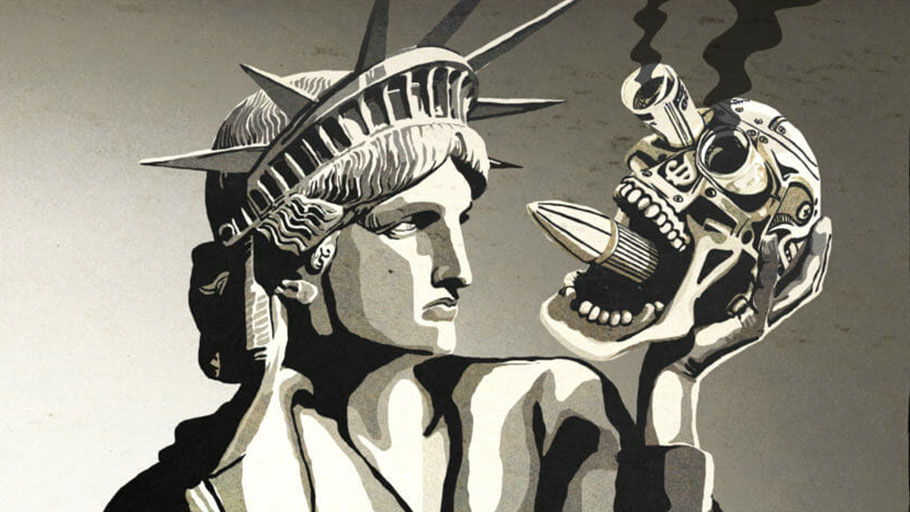
By Chris Hedges, Truthdig.com — Chris Hedges gave this talk Friday at the Left Forum in New York City. W.E.B. Du Bois, more than any intellectual this nation produced in the first half of the 20th century, explained America to itself. He did this not only through what he called the “color line” but by exposing the intertwining of empire, capitalism and white supremacy. He deftly fused academic disciplines. He possessed unwavering…
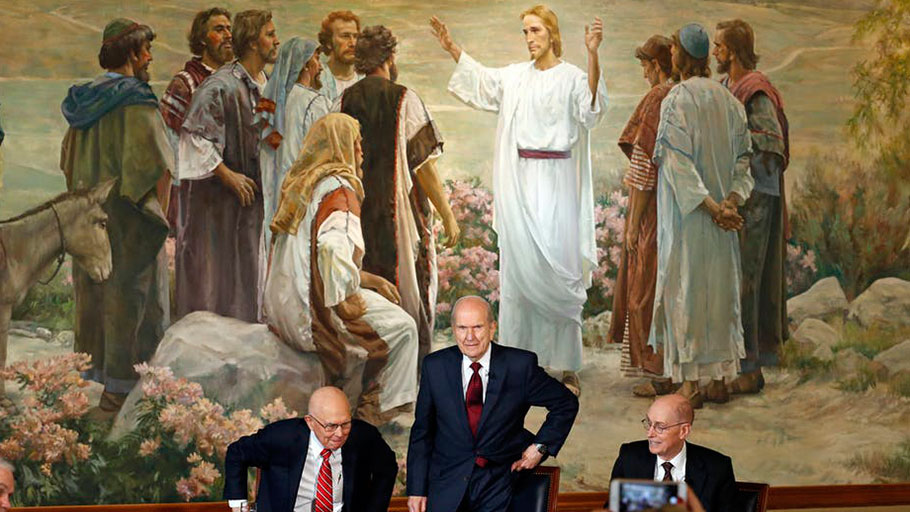
By Matthew Bowman, The Conversation — On June 1 of this year, the Church of Jesus Christ of Latter-day Saints – or the Mormons – will celebrate the 40th anniversary of what they believe to be a revelation from God. This revelation to the then-President of the Church Spencer W. Kimball – which is known as “Official Declaration 2” – reversed longstanding restrictions placed on people of black African descent in the…
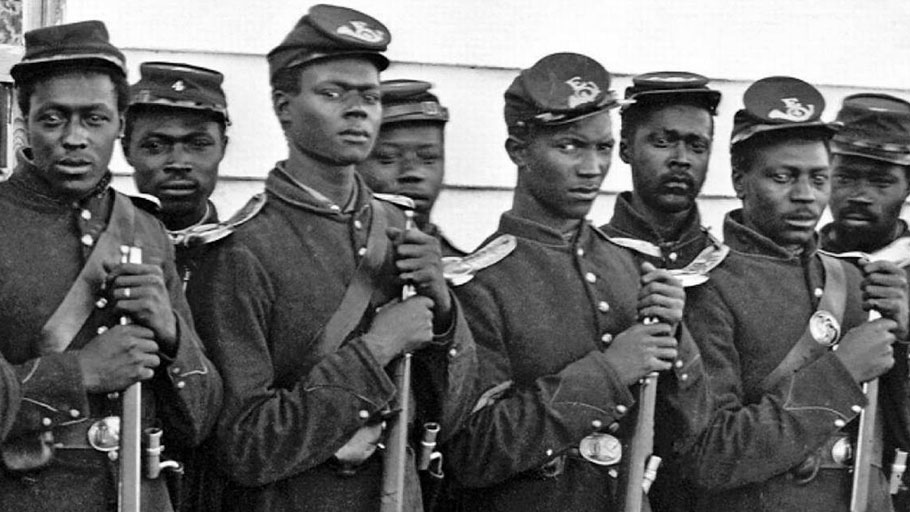
The African-American history of the federal holiday has been nearly wiped from public memory. By Sarah Lazare, AlterNet — Union General John Logan is often credited with founding Memorial Day….
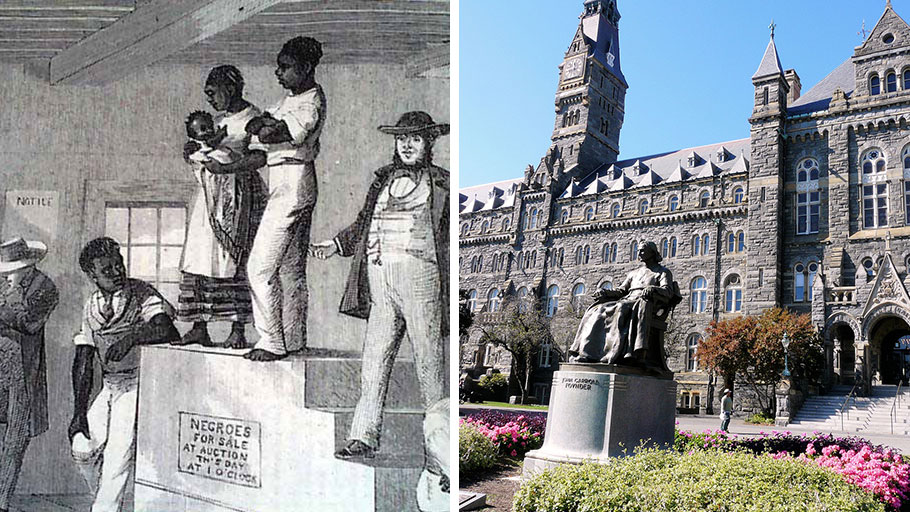
To: The Jesuits and Georgetown University, The Jesuits Sold 272 Enslaved People. Georgetown Benefited. We Demand Reparatory Justice. By Legacy of the GU272 Alliance Legal Team — Father Timothy Kesicki, president…
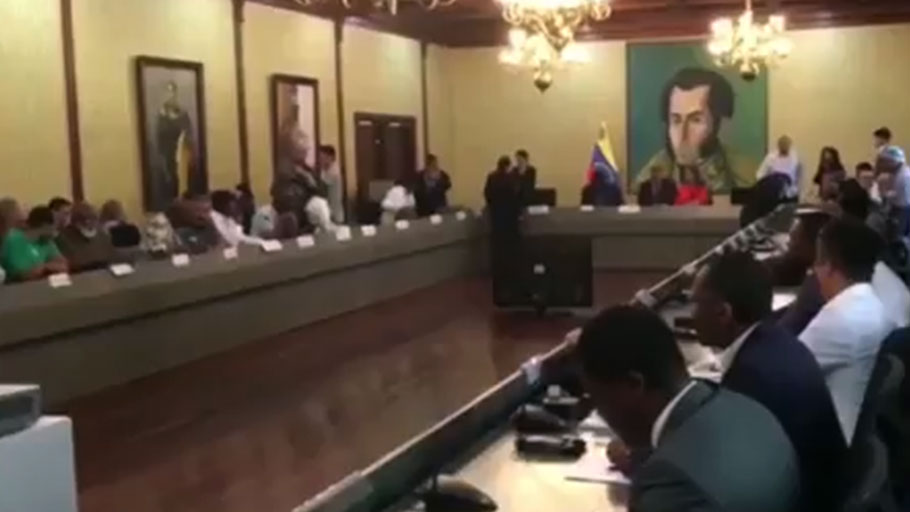
International Meeting on Reparations Caracas, May 8th – 10th, 2018 DECLARATION We, activists, scholars, government representatives and social movements, gathered in the city of Caracas, Bolivarian Republic of Venezuela from…
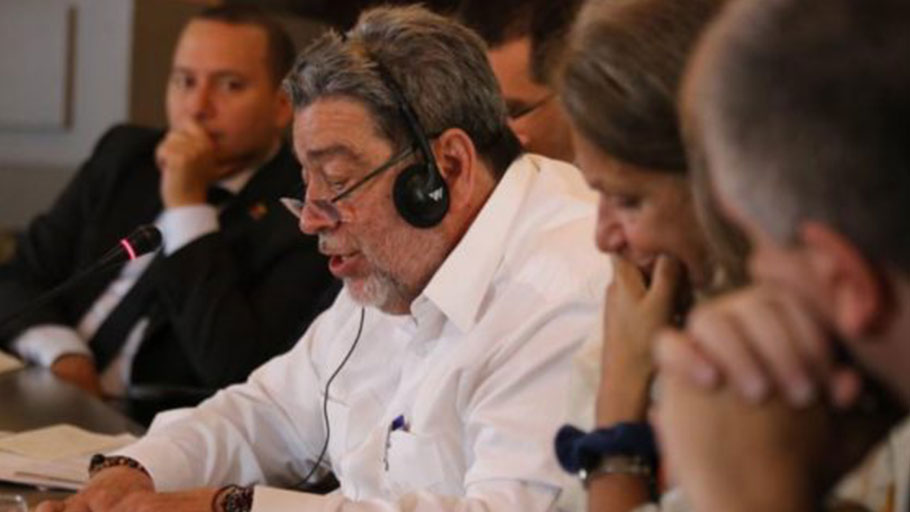
By TeleSur — Venezuela is joining the Caribbean Community (Caricom) in the fight for global slavery reparations, discussing appropriate compensation for centuries of injustice. During a speech entitled ‘Reparations of…
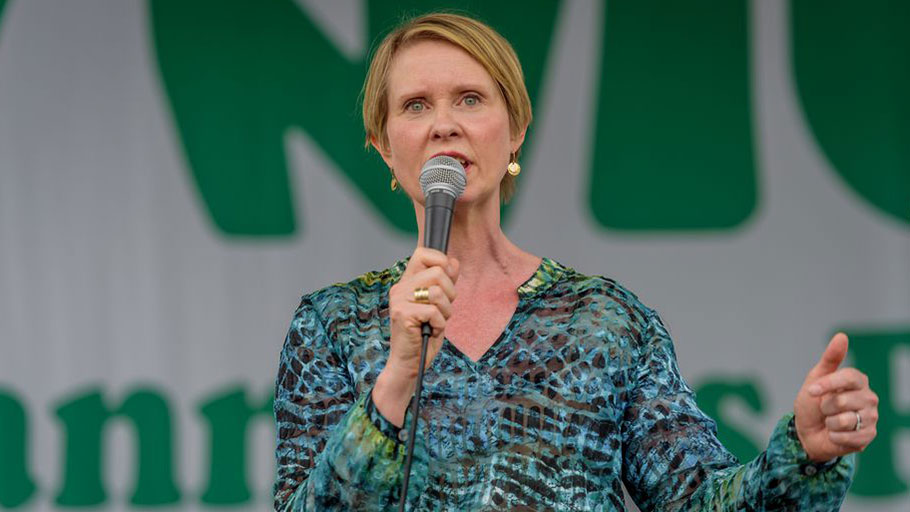
Marijuana reform can help black communities. That doesn’t make it “reparations.” By P.R. Lockhart — New York gubernatorial candidate Cynthia Nixon is facing criticism after suggesting that giving black people access to marijuana licenses could serve as a “form of reparations” for black communities. The controversy started after Nixon, who is challenging current Gov. Andrew Cuomo in the state’s upcoming Democratic primary, appeared at the NYC Cannabis Parade on May…